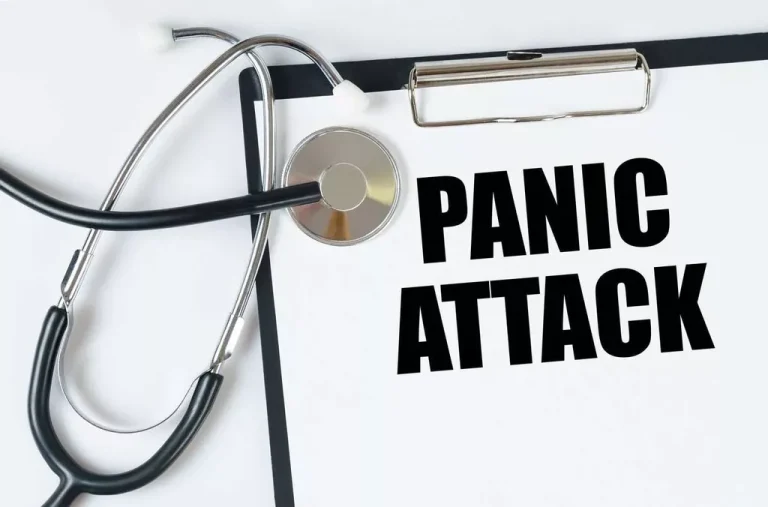
Alcohol has a profound impact on does alcohol deplete dopamine the dopamine system, influencing both the release and receptors of dopamine in the brain. Understanding how alcohol interacts with dopamine can shed light on the pleasurable and reinforcing effects of alcohol, as well as its potential for addiction. It is important to note that while alcohol may temporarily impact dopamine levels, the long-term effects can be more nuanced and potentially detrimental. This knowledge can help us better comprehend the impact of alcohol on our brain and make informed decisions regarding alcohol consumption.
- The study further found that men exhibit a greater release of dopamine when they drink than women.
- Understanding the relationship between alcohol, dopamine, and addiction provides valuable insights into the neurobiological mechanisms underlying alcohol addiction.
- Prolonged use of alcohol is toxic to neurons and can result in neuron death.
Got Brain Fog? Here’s How Alcohol Affects Your Dopamine and Reward System.
The sharp rise and fall in dopamine levels might make recovering from drinking extremely difficult and reinforce a cycle of drinking in pursuit of that elusive dopamine high. Dopaminergic neurons that relay information to the NAc shell are extremely sensitive to alcohol. In rats, oral alcohol uptake also stimulates dopamine release in the NAc (Weiss et al. 1995). To achieve the same effect, however, this administration route requires higher alcohol doses than does alcohol injection directly into the blood. It will then begin to produce less dopamine, decrease the number of dopamine receptors in the body, and increase dopamine transporters, which move excess dopamine between brain cells. It’s important to note that while dopamine plays a significant role in alcohol addiction, it’s not the only factor.
Alcohol and the Brain
When too much dopamine is released, the brain effectively turns off dopamine receptors to regulate the chemical’s flow. Other research indicates that some people tend to have a higher release of and response to dopamine than others. In addition, those individuals may be predisposed to drink more heavily and develop an alcohol addiction. The cycle of alcoholism and depression is not permanent, but it requires a holistic and integrated treatment approach to overcome.
Understanding the Dopamine System
The Reframe app equips you with the knowledge and skills you need to not only survive drinking less, but to thrive while you navigate the journey. Our daily research-backed readings https://ecosoberhouse.com/ teach you the neuroscience of alcohol, and our in-app Toolkit provides the resources and activities you need to navigate each challenge. The term “dopaminergic” refers to both the neurons and the signaling processes that use dopamine. It can remodel neural pathways to overcome self-destructive habits and behaviors and develop new pathways leading to healthy and sober lifestyle choices. According to one study, including mindfulness and meditation in addiction treatment can reduce the chance of relapse.
Cellular Actions of Dopamine
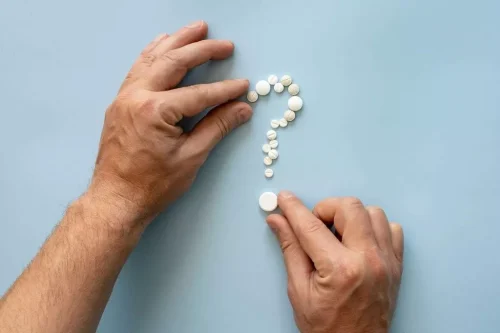
Depression itself contributes to the risk of alcoholism due to its effects on the brain’s reward system, where individuals may increasingly turn to alcohol as a self-medicating tool to alleviate negative emotions. Alcohol alters the balance of glutamate, another crucial neurotransmitter involved in learning and memory, leading to disruptions in cognitive function and increased susceptibility to depressive thought patterns. While it’s common to experience a hangover or feel a bit sluggish after drinking alcohol, for some people, alcohol consumption can exacerbate depressive symptoms. Alcohol affects the brain’s chemistry, and its depressant effects can intensify feelings of sadness and hopelessness, particularly in those already dealing with depression.
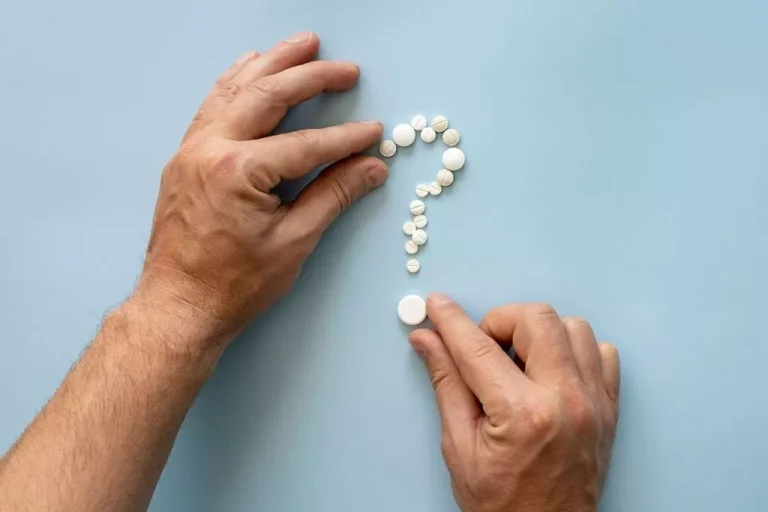
For those concerned about their alcohol use or its effects on brain health, numerous resources are available. These include healthcare providers, addiction specialists, support groups like Alcoholics Anonymous, and online resources provided by organizations such as the National Institute on Alcohol Abuse and Alcoholism (NIAAA). Research is shedding more light on the role dopamine plays in alcohol addiction. Studies also suggest that frontal lobe systems, critical for impulse control and judgment, are particularly vulnerable to alcohol-related damage, thereby impairing an individual’s ability to resist alcohol dependency. These shared neurobiological mechanisms underscore the need for integrated treatment approaches targeting both conditions simultaneously to prevent relapse and support long-term recovery. Alcohol enhances the relaxing and calming effect of the neurotransmitter GABA and stimulates the release of the “happiness hormones” serotonin and dopamine.
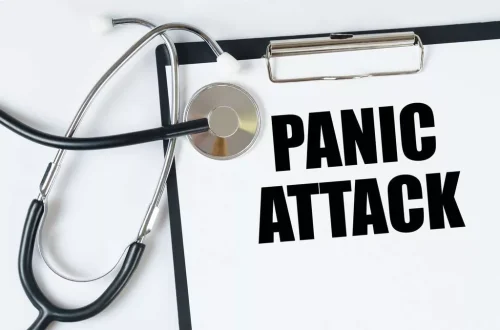
The intricate relationship between alcohol, dopamine, and the brain’s reward system plays a crucial role in both addiction and recovery. Understanding this complex interplay can provide valuable insights for those embarking on the journey to sobriety and those supporting them along the way. It can take a long time for the brain to return to a pre-drinking state, and sometimes Twelve-step program it never does.
- Dopamine is released in response to rewarding stimuli, creating feelings of pleasure and satisfaction.
- For those who don’t know, dopamine is a chemical messenger produced by our bodies and used by our nervous systems to communicate between nerve cells.
- Understanding the basics of the dopamine system provides a foundation for exploring how alcohol interacts with this crucial neurotransmitter.
- Many substances that relay signals among neurons (i.e., neurotransmitters) are affected by alcohol.
- Alcohol acts presynaptically at the GABA neuron,, increasing GABA release and postsynaptically enhancing GABA receptor action.
There are some diseases that affect the delicate balance of dopamine in the brain. The relationship between alcohol, dopamine, and mental health is multifaceted. The cycle of increased drinking to combat negative emotions, followed by worsening mood due to dopamine depletion, can be particularly challenging for individuals with co-occurring mental health and alcohol use disorders. The relationship between alcohol and dopamine is a crucial factor in understanding the addictive nature of alcohol and its impact on the brain.
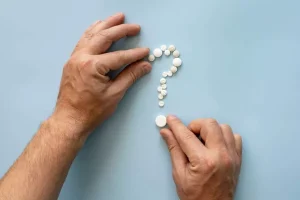
Both dopaminergic and nondopaminergic neurons also carry dopamine receptors that are located on the nerve terminals outside the synapse (i.e., are extrasynaptic). Dopamine that has been released from a nerve terminal into the synaptic cleft can travel out of the synapse into the fluid surrounding the neurons and activate these extrasynaptic receptors. Through this mechanism, dopamine modulates the neurotransmitter release that is induced by cellular excitation (i.e., neurotransmitter secretion). For example, activation of some extrasynaptic D2-family receptors can inhibit the release of dopamine itself, thereby reducing dopaminergic signal transmission. Detox will clear the alcohol from your system, helping your brain to re-achieve balance. Dopamine production will return to normal, and other parts of the recovery program will offer things that will help your brain boost dopamine levels without chemicals.
